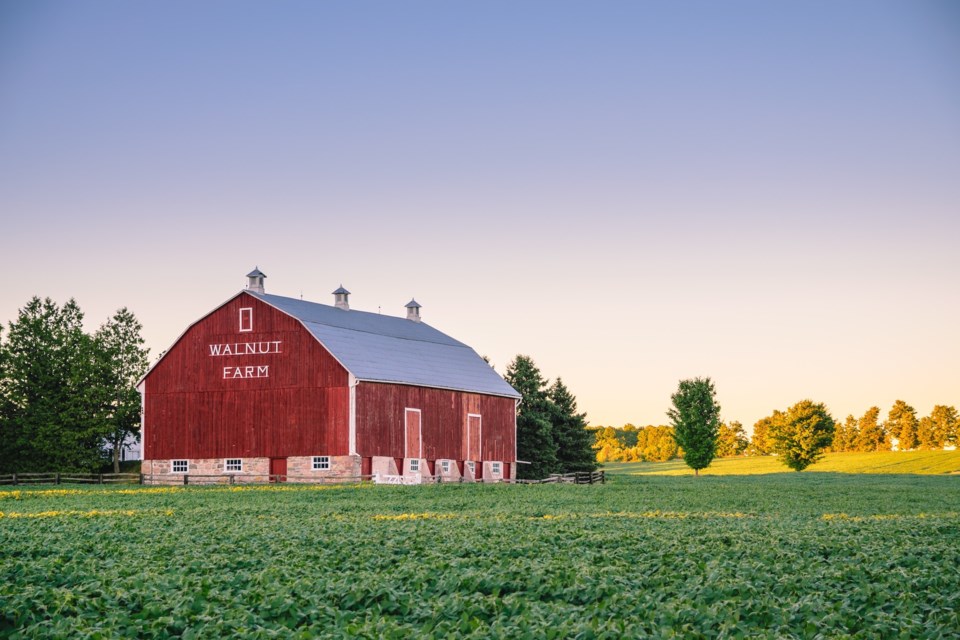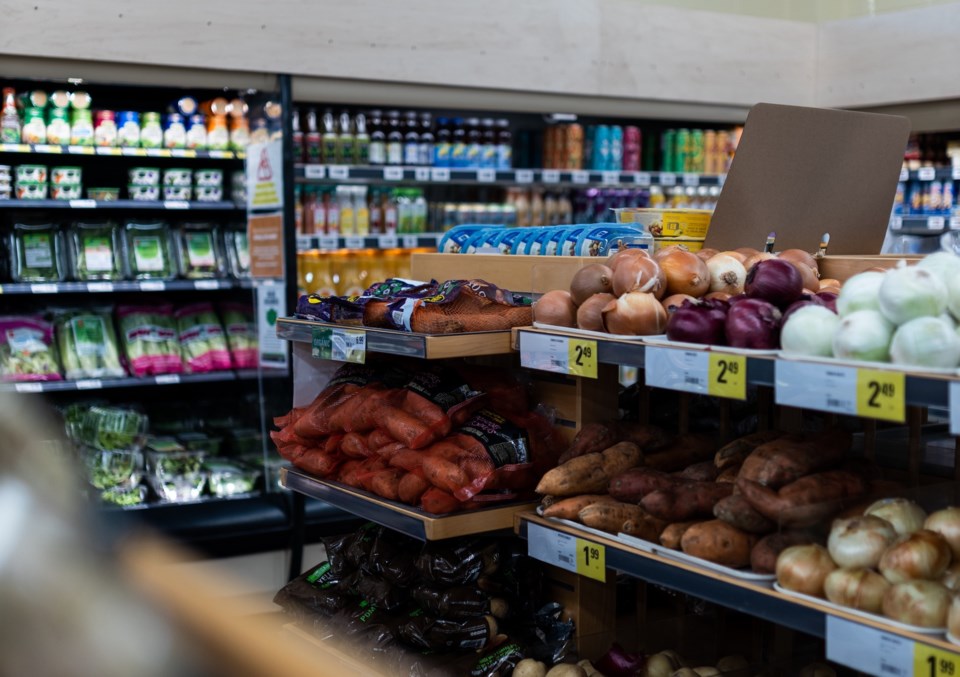This story is part of a partnership between The Green Line and The Trillium for readers who care deeply about Toronto and the people, policies, and politics at play. We’re pairing The Green Line’s unique community-driven, solutions-oriented journalism with The Trillium’s signature insider coverage of Ontario politics and policy to dig deep into the city’s problems and connect you with the plans the Toronto mayoral candidates are proposing to fix them.
Nearly one in five Ontario households — 19 per cent — struggle with food insecurity, according to the Daily Bread Food Bank’s analysis of StatsCan data. That’s about the same as the rest of Canada, but you’d be hard-pressed to find anyone satisfied with those numbers.
It’s no secret that the COVID-19 pandemic did a number on financial stability for everyone. But the effects, as with every crisis, are concentrated among those least fortunate.
Pandemic supports actually had a meaningful reduction in food insecurity and poverty in general, said Talia Bronstein, the VP of research and advocacy at Daily Bread.
But when COVID supports ended, things got worse. Inflation and corporate profits skyrocketed and ordinary people were left to pick up the tab — at the grocery store, on vacations, and even in their own homes.
At Toronto’s Daily Bread, visits jumped from 65,000 a month pre-pandemic to 270,000 in May of this year — a record number, and growing, Bronstein said.
The food bank has been able to meet the need thanks to a strong volunteer base and generous donations, but it’s not set up to do so, she said.
“We are concerned about our long-term sustainability if need continues to grow, because we're set up to be an emergency response when somebody needs short-term food relief,” she said. “But what we've been seeing over the years is a growing dependence on food banks, as people's incomes continue to fall further and further behind.”
So what is Ontario doing about it?
Not nearly enough, Bronstein said.
“First of all, Ontario does not have a food insecurity strategy,” she said. “Food Insecurity is not even mentioned in the Poverty Reduction Strategy. Ontario has the most narrowly focused Poverty Reduction Strategy I have seen in my career.”
Government support for food banks is mentioned a few times in that strategy, as well as one mention of food under the Women’s Economic Security Program.
But she’s right. Ontario currently does not have a specific plan to make sure everyone in the province is fed — at least, not a publicly accessible one.
The government’s sole poverty reduction goal, Bronstein said, is to move people from Ontario Works and the Ontario Disability Support Program (ODSP) into employment. Premier Doug Ford has spoken often about the need to get as many Ontarians into jobs as possible.
“The best way to help people on Ontario Works or ODSP, if they’re healthy and they’re able to work, get them a job,” he said in August 2020.
The trouble is, not everyone can work, advocates have noted. And plenty of people are employed but still can’t afford food, especially in cities as expensive as Toronto, Bronstein said.
“One-third of our clients are employed. So being employed is not necessarily a direct pathway out of poverty, as some might suggest,” she said.
When it comes to food insecurity, everything is connected. Incomes that aren’t keeping up with inflation, a lack of decent jobs, and a near-total dearth of affordable housing are all driving it forward, Bronstein said.
“The vast majority of food bank clients are paying more than half of their income on rent, which puts them at high risk of homelessness,” she said. “We see one in five food bank clients are paying 100 per cent of their income on housing in Toronto, which just tells you the depths of the housing crisis that we're in — that people have $0 to put towards food and have no choice but to rely on a food bank.”
In Toronto, monthly social assistance payments are hundreds of dollars short of covering basic food and shelter costs, according to Ontario Dietitians in Public Health. Two-thirds of households on social assistance are food insecure, one study found.
In 2022, the government raised ODSP rates by five per cent after sustained public pressure, amounting to about $58 more per month for a single person. It also boosted the amount people on ODSP could earn without having their assistance clawed back, from $200 to $1,000 per month, though payments after that amount were reduced from 50 to 25 cents on the dollar.
Advocates say it’s not enough, having come in a year where food inflation was 9.8 per cent.
And then there’s the Greenbelt. The Ford government has taken significant heat for planning to axe 7,400 acres from the protected area, much of which is farmland, with the goal of adding 50,000 homes there.

The government’s housing strategy also relies on expanding municipalities; urban boundaries into prime farmland, with no opportunity to push back.
Some experts say the Greenbelt is critical for farmers to know that their farmland will be maintained.
The government recently had to back off a plan to sever more farmland for housing, after farmers in the PC heartland pushed back strongly.
Still, Ford has been clear about his change of heart about the “so-called Greenbelt,” from promising to “maintain it in its entirety” to calling it a “big scam” and dodging questions about whether he plans to open up more of it.
When speaking about protecting it, he’s talked about “ponds, wetlands and marshes,” but not farmland.
Bronstein said governments and politicians can’t afford to ignore food insecurity. In a survey of Daily Bread clients, 95 per cent said they planned to vote, she said.
“And that totally contradicts historic research and typical assumptions about low-income individuals being less likely to vote,” she said. “So I think it's really important that candidates not discount a single voice.”
You can read more about the mayoral candidate’s plans for food security in an article by our partner, The Green Line, here.




